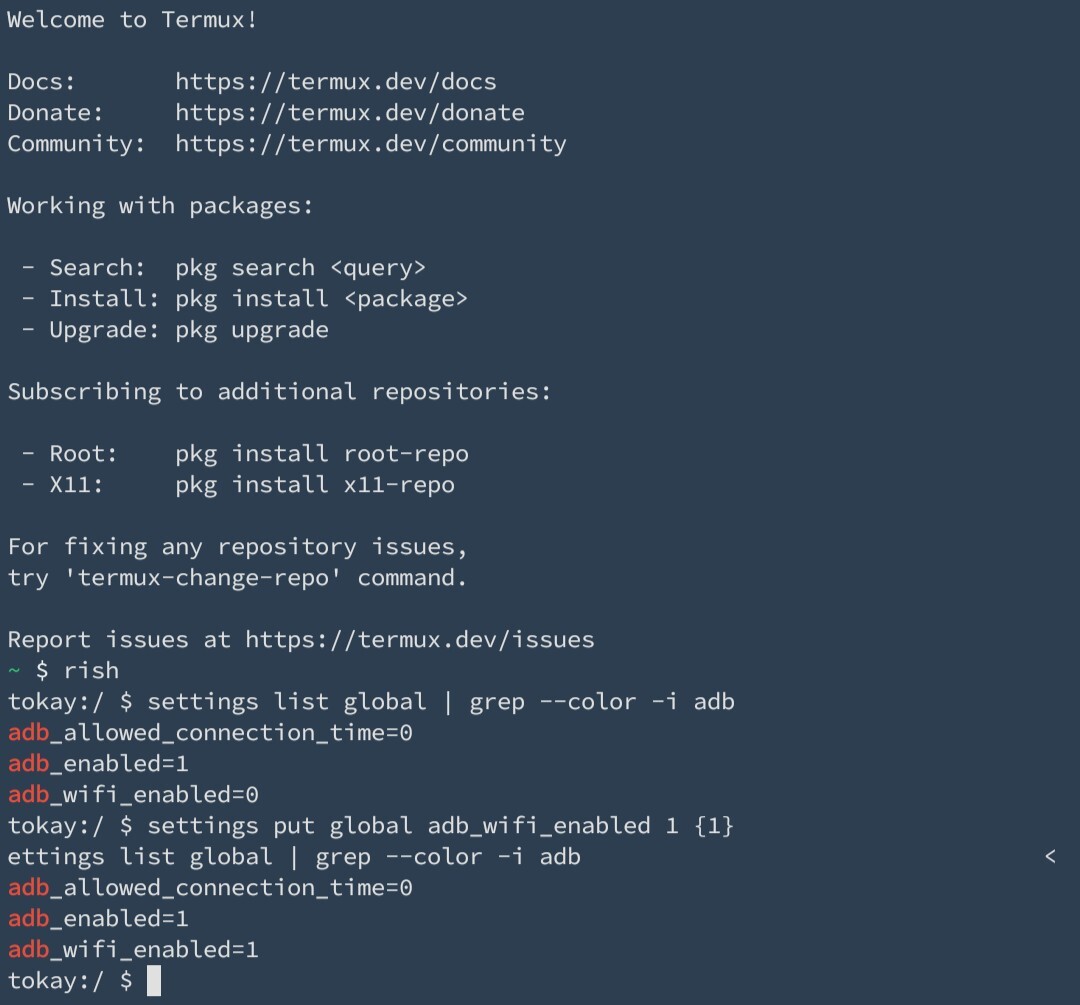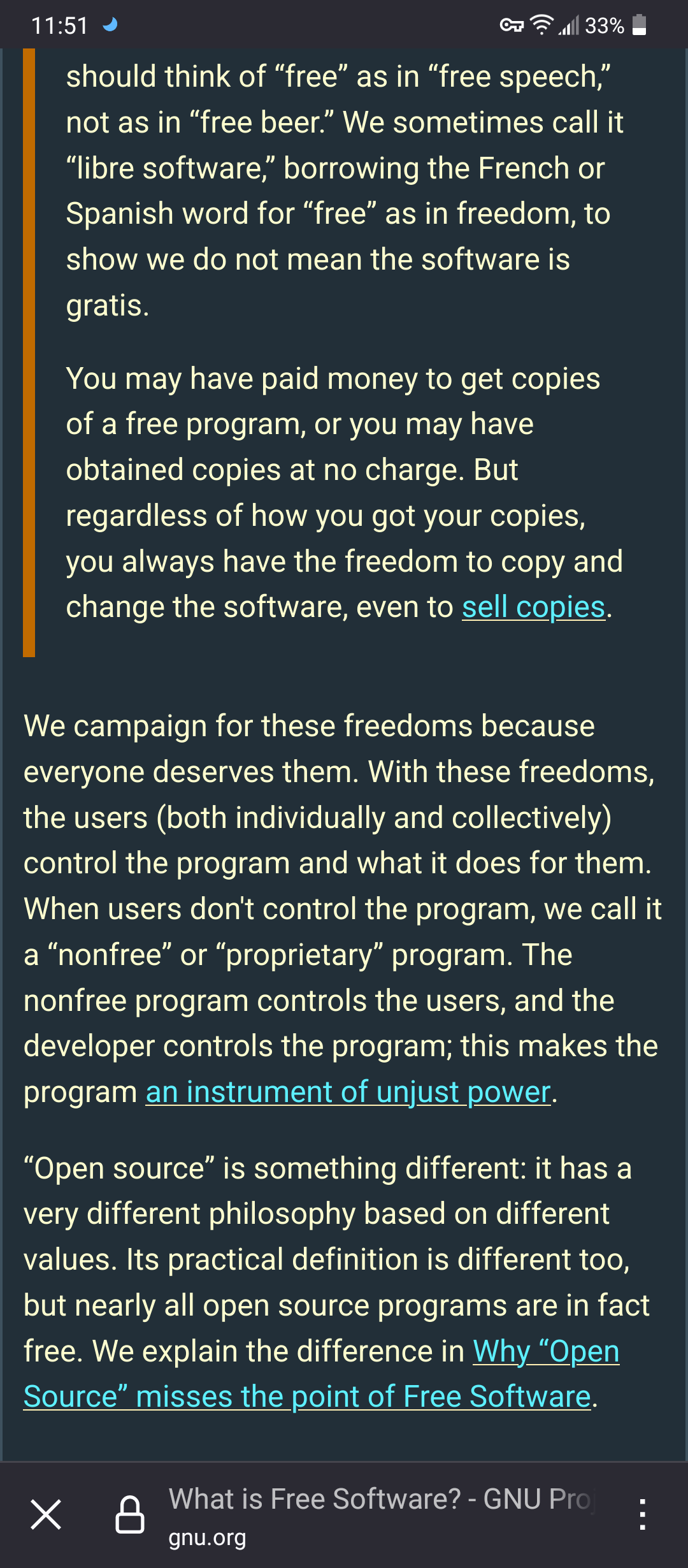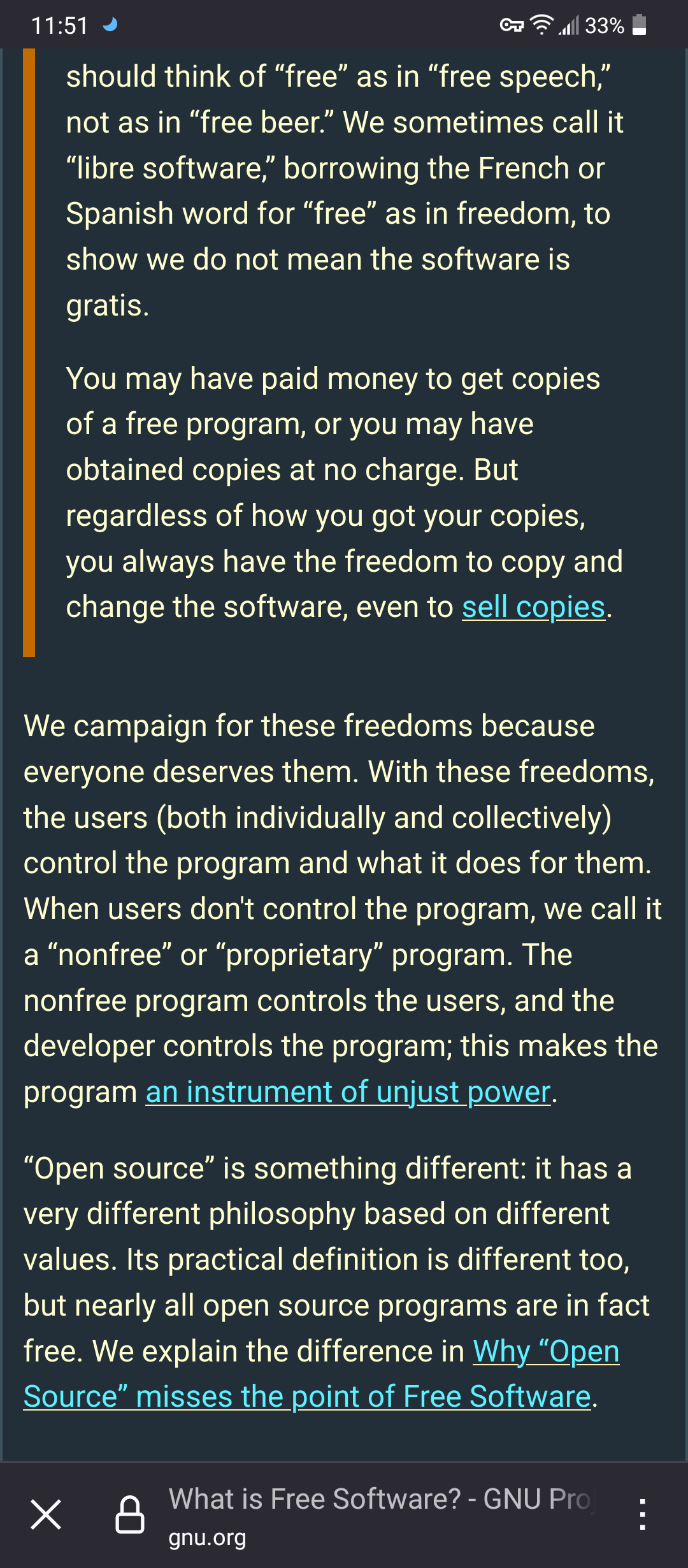Seems the only real solution is to buy cheap burners.
Curious if using the website version of an app can pick up the mediaDRM key via the browser.
Hi guy
Seems the only real solution is to buy cheap burners.
Curious if using the website version of an app can pick up the mediaDRM key via the browser.
I wouldn’t recommend anything.
This is only what I know.
There is much much much more I don’t know.
This might be useful to use temporarily when you add an app that you know will read these values on install.
You may be able to use an app like geto to have this option toggled so that it only uses the developer settings option when the app is launched and returns to hardware when it closes.
Keep in mind there are a host of other identifiers on your device that can also be used to track and identify the user and device.
I like privacy and security.
So, the media DRM toggle switches from the hardcoded hardware ID to a software DRM. Creating a new DRM key.
https://developer.android.com/reference/android/media/MediaDrm

Geto uses shizuku (an app that allows for adb/shell functionality) to change settings that are usually hiddden or inaccessible, or to give/deny apps permissions or features, or, as in the screenshot to change certain keys values. This allows you to change the environment and settings of the app on launch, and revert them on app close.
You can see all the current settings by using adb:
adb shell settings list [ global | secure | system ]
Or in termux with shizuku:
settings list [ global | secure | system ]
In the following screenshot I enter the shell using shizuku (rish) list global settings and find keys with adb. I change the value of adb_wifi_enabled (wirelese debugging) from 0 to 1 and set {1} as the default value. Then I list again to show the change.
This is what geto is doing. But it assigns it to the action of launching/closing an app. While doing it manually via terminal set those values system wide.
Sometimes, though, you may want a system wide change (like if you want to change the accent colors or theme from RAINBOW to VIBRANT).
(There are other configs and properties you can viewed and modify using other commands. (in shell try
cmd -l
For a list of services. Some have user modable options. Be careful. If you don’t know, don’t touch. Every setting can be searched . there are hundreds or thousands .)

Was able to get a different result using the media DRM toggle in developer settings

Verified results using TrustDevice
https://apt.izzysoft.de/fdroid/index/apk/com.trustdevice.android
https://www.trustdecision.com/
The other identifiers remained.
No appops or permissions change or prevent the exposure of other information.
Actually… Geto, can apply appop settings/values per app launch. And you can change the android_id value.

Remember when phones had that insane super advanced tech that could guide anyone anywhere, even offline?
Seriously, why doesn’t the compass exist anymore?
I have never turned on location anything on grapheme.
On my other phone I have also uninstalled google location services/history, WiFi scanning, Bluetooth unknown tracker, etc.
If I get lost in a building… I ask someone.
I got a pixel 9 for $240 CAD via carrier promotion in Canada.
I held out getting a new phone as long as I could and they offered a new pixel 9 for $5 per month for 24 months
Not to trade in after 24.
It’s mine. For 5$ a month.
When I received it I didn’t turn it on for a week.
Read as much as I could to decide that Google would only ever see the single boot to enable developer mode and enable OEM unlock to flash graphenos.
It seemed intimidating, but the process to install is very smooth.


Monitor deez nuts.


I thought I was the only one.


Yell louder while providing nothing useful to say.
Things exist. Things you may not know about.
Questions exist.
They are used to ask questions.
There’s only one person stomping around in this post. It isn’t OP.
Yeah, reported.
And I fucking quote myself in my comment above
distinction between foss and open source.
You said the comment in which I gave the fucking definition of Foss as written by the people who wrote the very definition of Foss was not foss.
You just gave me a link within the link that gives the definition of Foss about what Foss isn’t.
It isn’t me that needs to read better.
Go away.
Really? Lol. You replied with a link from the same site which is linked within the page I posted. Look at the screenshot.
Jfc, I’m done with you.

You said what I posted was not Foss.
It came from the very essence of Foss.
It gave the very definition of Foss.
From the people who started Foss movement .
On the site run by the people who continue to promote and advocate for Foss.
And explains the distinction between Foss and open source.
What about that is unclear?
Post something else about open souce, please.
Tell me again how that is not what Foss is.
Please, guide me.
(What you cleverly replied with is in the link I posted ffs)

From itsfoss
It’s foss
https://itsfoss.com/what-is-foss/
Because GNU is Foss because Foss is gnu. Because the guy that started the fsf movement is Richard stallman who wrote that.
True. Technically just a proxy.
But, I’m broke. And it’s fast enough (with the right node)
So tor and protonvpn are what I use.
I’ve had issue with proton being blocked though, too. But a quick server change and everything is OK.
Isn’t that clear where I mentioned ability to fork, clone, modify, etc?
Besides that they asked why, not what.
I gave my opinion and examples.
Maybe the people at the heart of Foss can make it more clear.
The free software movement campaigns to win for the users of computing the freedom that comes from free software. Free software puts its users in control of their own computing. Nonfree software puts its users under the power of the software’s developer
Free software means the users have the freedom to run, copy, distribute, study, change and improve the software.
Free software is a matter of liberty, not price. To understand the concept, you should think of “free” as in “free speech,” not as in “free beer.”
More precisely, free software means users of a program have the four essential freedoms:
The freedom to run the program as you wish, for any purpose (freedom 0). The freedom to study how the program works, and change it so it does your computing as you wish (freedom 1). Access to the source code is a precondition for this. The freedom to redistribute copies so you can help others (freedom 2). The freedom to distribute copies of your modified versions to others (freedom 3). By doing this you can give the whole community a chance to benefit from your changes. Access to the source code is a precondition for this.
My humble opinion
Example
Locked in google services. DNS so google sees the sites you visit, tracks what you click, where you go, who you talk to, what you like, what services you use, where you spend your money, etc.
Freedom - no log encrypted DNS rolling your own DNS server/proxy, seeing the config, the source; no tracking, no surveillance and profiles stored that are gladly shared with whatever other company or gov dept that wants it. No blobs or beacons. The ability to see what is happening, to choose what to allow or disallow, to be able to edit, modify, clone, fork, etc based on your needs and wants.
Not the Almighty profit margin.
Freedom to choose poison or antidote.
Another eg.
Nothing to hide may be true for now.
But what you believe need not be hidden, may, by some future government (or dictator), be deemed a crime, or worthy of retribution.
Allowing an unaccountable, unverifiable, monolith or shady actor is asking for problems.
The less data you share (or is unknowingly siphoned off) the less data you have to worry about being leaked /breached.
Knowing what is happening, being able to audit, being able to verify, freedom to choose vs blind trust.
If someone you don’t know knocks on your door, do you let them in and make themselves at home?
The xz utils shenanigans is a great example of both why open source shouldn’t be implicitly trusted and why open source allows for anyone to see the shenanigans and get the issues resolved/warn people.
If this was proprietary, it would have been near impossible and taken much longer to discover.
I have nothing to add except the appreciation for everyone who helped and amazement at the vastly differing ways people produced working results.